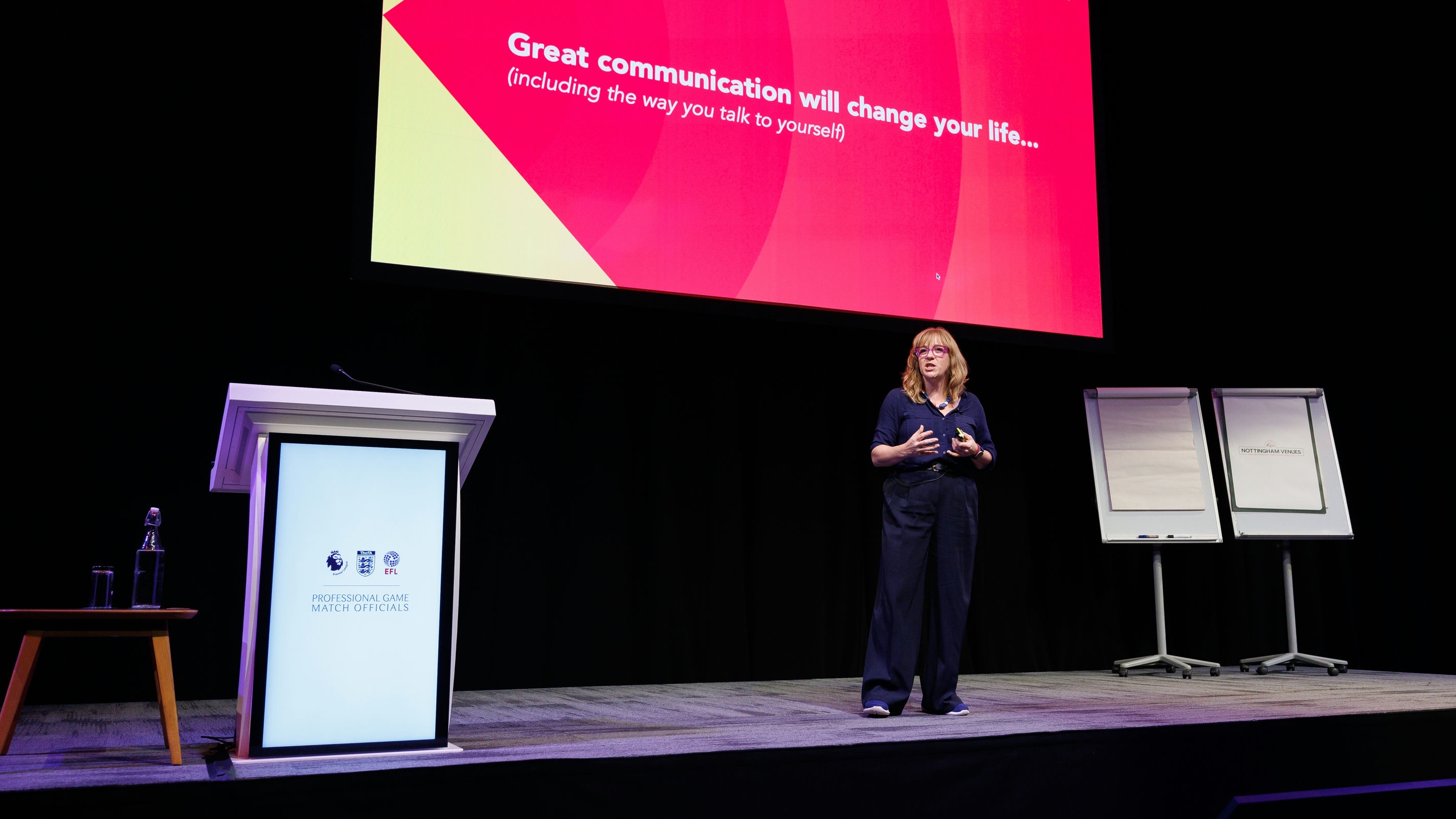The Biggest Communication Mistake You’re Making—And How to Fix It
Mar 19, 2025
Effective communication is the key to success in any workplace, whether you're talking to your team, senior management, or the board. Yet, there’s one critical mistake that people make time and time again, and it’s likely impacting your ability to connect, influence, and lead.
Let me share a story that illustrates this point.
The Costly Assumption
A friend of mine—a brilliant teacher—once applied for a new position in her organisation after spending a year successfully covering the role during a maternity leave. She excelled in every aspect of the job, but when the time came to secure the position permanently, she didn’t get it.
She was devastated. Over a cup of tea, we talked about what had gone wrong. When I asked her how she presented herself in the interview, she said, “I thought they would just know what I’d done all year.”
And there it was—the biggest communication mistake: assuming your audience already knows.
Never Assume Your Audience Knows
This mistake happens everywhere. I’ve coached people presenting to company boards who didn’t even mention the name of their product, assuming the board members already knew. Leaders do it when talking to their teams, expecting them to understand context without explanation. Colleagues do it when sharing ideas, expecting everyone to be on the same page.
But here’s the golden rule: Never confuse your audience. If they’re not on the same page as you, your message won’t land, and your impact will be lost.
How to Fix This Common Communication Pitfall
Before any presentation, meeting, or conversation, ask yourself these questions:
- Who is my audience?
- What do I want them to remember?
- What do they already know? (And where’s the evidence for that?)
What are their problems, interests, or expectations?
If you’re unsure about any of these, take the time to clarify. The clearer you are about your audience, the stronger your communication will be.
You Can’t Over-Explain—Only Explain Better
People often worry about over-explaining, but the real issue is under-explaining. If someone already knows what you're talking about, they won’t be offended by a quick refresher. But if they don’t, they’ll be grateful for the clarity.
This also means avoiding jargon and acronyms that might alienate parts of your audience. Instead, find simple ways to explain concepts so that everyone stays engaged.
Key Takeaway
Never assume your audience knows what you’re talking about. Take the time to bring them along with you, provide context, and explain where necessary. The more clarity you bring to your communication, the stronger your leadership, teamwork, and impact will be.



